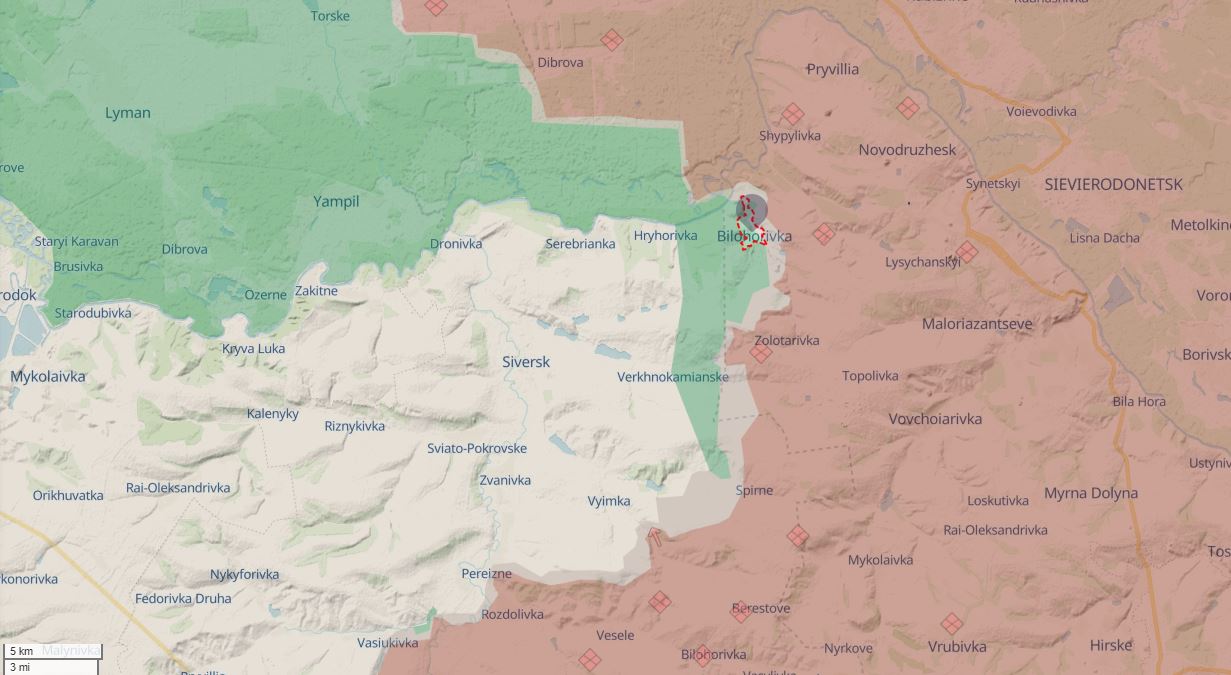
ISW: Russia removes Southern Military District commander over false progress reports
Russian military command has removed Colonel General Gennady Anashkin from his position as acting commander of the Southern Military District (SMD) and commander of the Russian Southern Grouping of Forces, following widespread accusations of false battlefield reporting, the Institute for the Study of War (ISW) reports.
The recent shakeups in Russia’s MoD under Andrei Belousov, including the arrests of senior officials like Deputy Defense Minister Timur Ivanov and Lt. Gen. Yuri Kuznetsov for corruption, as well as the dismissal of Col-Gen Gennady Anashkin for falsifying frontline reports, signal attempts to address dysfunction, potentially improving Russia’s military operations.
Russian pro-war military bloggers claimed on 23 November that Anashkin’s removal came after commanders in the Siversk direction under his area of responsibility submitted incorrect reports about Russian battlefield advances to their superiors, ISW says.
Russian state outlet RBK, citing a source in the Russian Defense Ministry, confirmed Anashkin’s dismissal but characterized it as a “planned rotation” while praising his military achievements.
The removal garnered support from Russian military bloggers, who suggested the change could lead to improvements in operational planning and increase commanders’ regard for soldiers’ lives at the front, ISW reports. According to one military blogger, the development indicates that Russian Defense Minister Andrei Belousov is becoming more involved in “military management” rather than focusing solely on administrative and economic reforms within the ministry.
Russian military bloggers recently alleged that authorities arrested the commander of the 3rd Combined Arms Army (CAA), its chief of staff, and the commander of the 3rd CAA’s 7th Motorized Rifle Brigade for submitting incorrect reports about advances in the Siversk direction.
The Russian Defense Ministry had previously claimed its forces captured Luhansk Oblast’s Bilhorivka on 20 May and Serebrianka in late October, assertions that drew criticism from Russian military bloggers.
Related:












